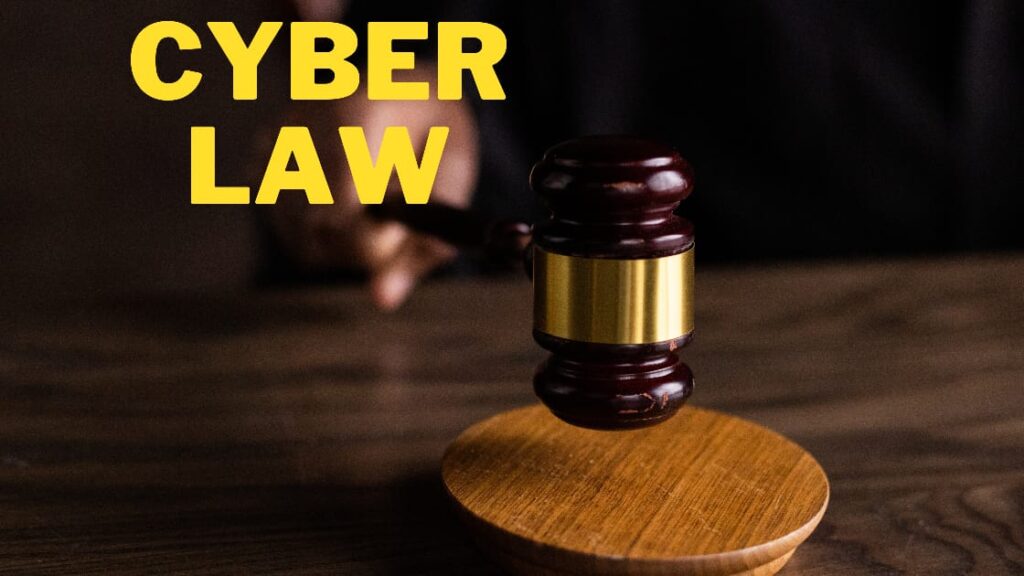

India is a country where there is a growing rate of Internet users every year. It is estimated that the number of Internet users in India will reach 627 million people by 2019 i.e. this year! That is more than the entire population of the United States of America! Let’s Know About some stringent Cyber laws in India
To protect this growing population of citizens and netizens, we need a strong legal framework to curb cyber crime. Fortunately, we do have such a framework in the form of the Information Technology Act, 2000(amended in 2008 by the Information Technology (Amendment) Act, 2008).
Some of the stringent measures implemented under the Act happen to be curative and punitive in nature. A few sections of this Act are–
● Section 66A– A well known section, this provision states the punishment for sending offensive messages through a communication service. The person if guilty of crime under this section is punishable with imprisonment for a term which may extend to 3 years and a fine.
Due to the wide reaching impact of this provision, many a time it ends up clashing against the freedom of speech and expression provided by the Constitution of India.
● Section 66B– If an offender dishonestly receives a stolen computer resource or communication device, he shall be punished with imprisonment of either description for a period which may extend to 3 years or a fine which may extend to one lakh rupees or with both.
● Section 66C– This section deals with identity theft and the offender found guilty of this crime shall be punishable with imprisonment of either description which may extend to 3 years and a fine which may extend to one lakh rupees.
● Section 66D– A section which punishes the guilty for cheating by personification by using a computer resource. The punishment is imprisonment of either description for a period which may extend to 3 years and a fine which may extend to one lakh rupees.
● Section 66E– This section punishes an offender for violation of privacy. The punishment is imprisonment which may extend to 3 years or a fine not exceeding two lakh rupees or with both.
● Section 66F– This section bring a relatively new but growing cyber crime under the purview of the law. Cyber terrorism. A person guilty of this crime shall face the stringent punishment of imprisonment which may extend for life.
These sections have been introduced via the Amendment in 2008 to allow the law to keep up with ever evolving crime and to give this Act more teeth.
The IT Act, 2000 has gone a long way to curb cyber crime, but the rate at which cyber crime is growing annually shows us that we still have a long way to go. These were some stringent Cyber laws in India.
Article By Vignesh Ganesh, G. J. Advani Law College
Editing By Mahima Gupta